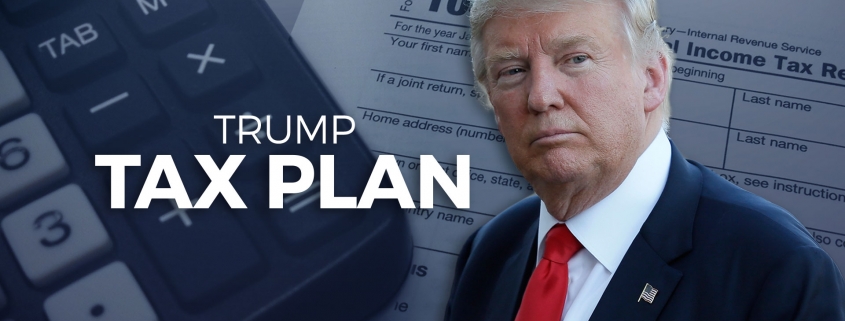On November 2 the Joint Committee on Taxation released the proposal for the tax reform bill H.R. 1, The Tax Cut and Jobs Act. It appears that the reform does not eliminate or simplify the Code to the extent we had hoped. On the contrary, certain provisions, as the proposal stands, will result in additional tax and become costlier to comply.
Here is the summary of the proposed changes which impact US citizens if they own an incorporated business in Canada. These changes will have a greater negative impact than the existing law:
- Under the new Code section 951A, US citizens with Controlled Foreign Corporations (CFCs) will be required to apply a review test to determine taxability of the current income earned by the corporation. There is the potential for up to 50% of corporate income to be deemed taxable in the hands of the US shareholder.
- A revised Code Section 965 will impose a one-time 12% tax on earnings (prior to dividends distributed from them) that were previously allowed to be deferred in a CFC after Dec 31, 1986 and thereby avoid US taxation. This is intended as a corrective measure to recoup lost tax revenue from the last 30 years.
- Foreign Tax Credit under Code Section 901 may no longer be available for certain dividends distributed after Dec 31, 2017.
- No simplification to the existing PFIC or Subpart F rules with regards to passive income held in Canadian corporations will apply.
The following changes will affect all US citizens in Canada. We have broken them down into two parts – negative and positive developments. Here is what unfortunately remains unchanged:
- Taxation of US citizen income would still be world-wide.
- FATCA would still require Canadian banks to report bank and financial accounts held by US citizens to IRS via CRA.
- The reduction of US individual tax rates with the top federal rate going down to 25% will have no overall impact, since Americans in Canada are subject to taxation at the greater of the two tax rates (Canadian or US) and the top blended Canadian/Ontario rate is 53.53%.
And very few good developments…
- The current estate tax exemption of $5.49 mil (for 2017) will increase to $10.98 mil after December 31, 2017 and the estate tax is scheduled to be completely eliminated after 2023.
- A larger estate tax exemption utilized during one’s life time as gifting means less people will be trapped under the “covered expatriate” definition if they decide to give up US citizenship.
As further information is revealed by Congress, we shall pass it on.



